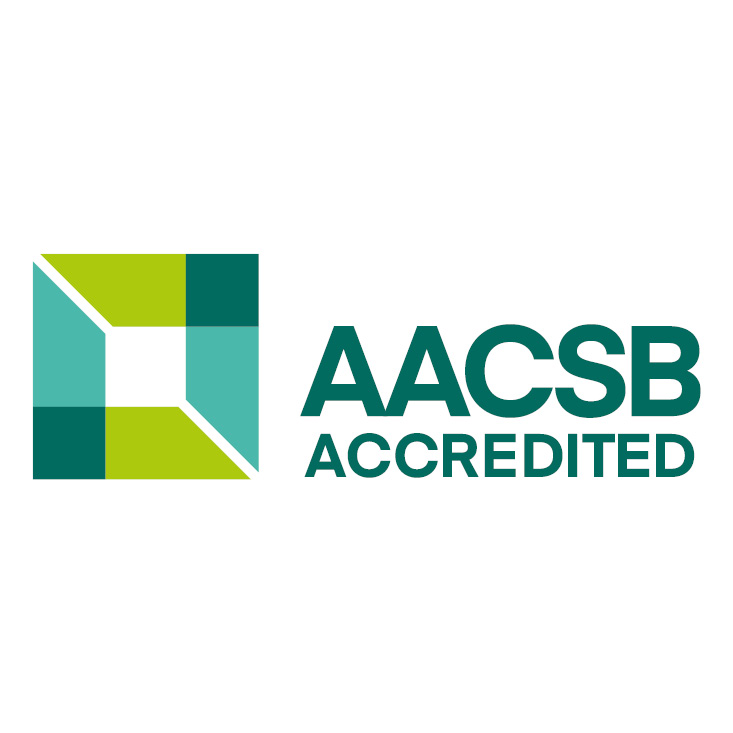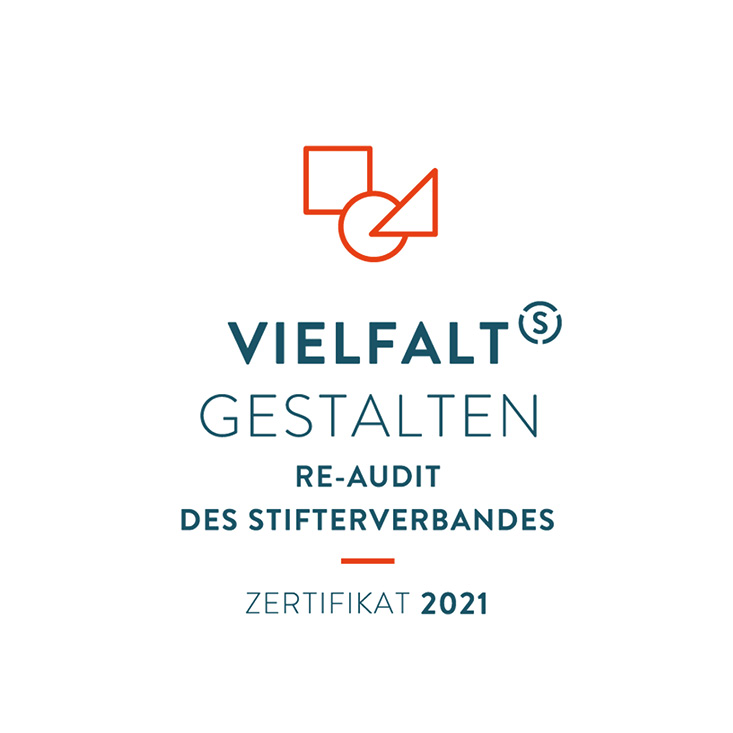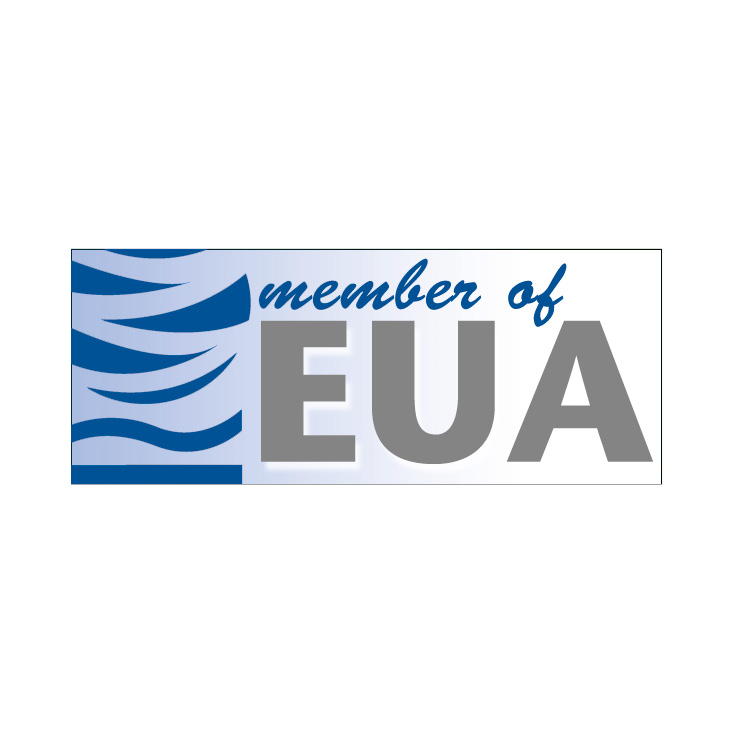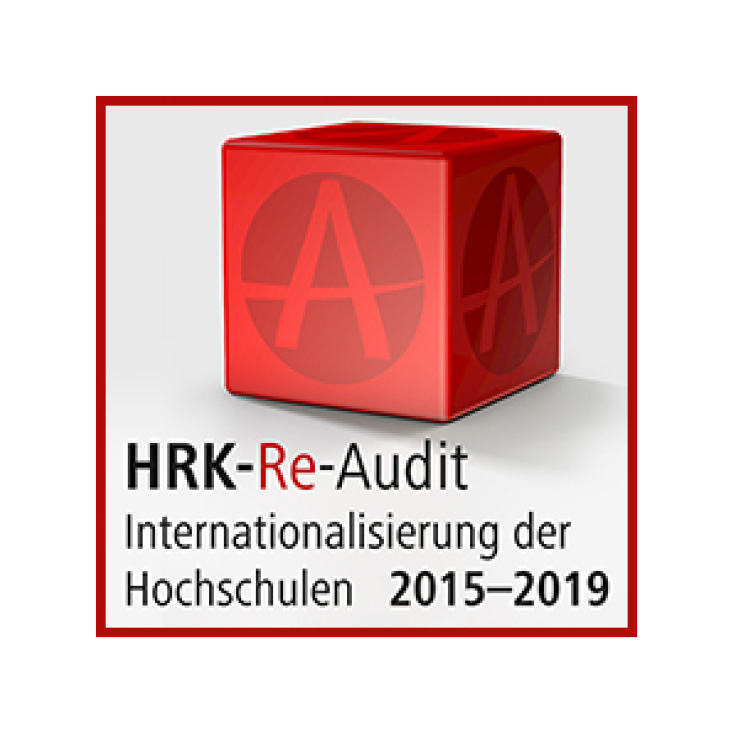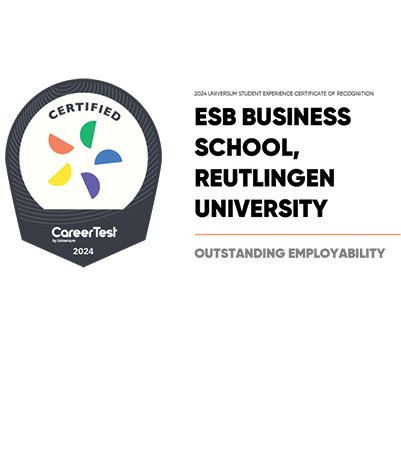Institutions & Bodies
ESB Business School consists of centralised and decentralised units, some of which are additionally staffed with people from the business world in order to ensure a lively, practical exchange.
School Management
The School Management of ESB Business School consists of four School Board members, who are elected by the School Council.
School Management
School Council
Advisory Council
Programme Directors' Conference
The Programme Directors of all study programmes meet at least once a semester in the Programme Directors' Conference. This committee discusses and coordinates teaching issues at ESB Business School.
Bachelor's Programme Directors
Master's Programme Directors
Programme Coordinators' Conference
The programme coordinators are the contact persons for conceptual, content-related and organisational questions. They carry out study guidance and coordinate student exchanges in the respective programmes.
Bachelor's Coordinators
Master's Coordinators
Marketing & PR
The Marketing & Public Relations Department is the central office for external and internal communication at ESB Business School. It is the point of contact for press enquiries, website and information material about ESB Business School.
Contact persons
Career Center
This is the primary stop for questions about career planning and starting a career.
International Affairs Department
Thinking as many, acting as one - internationalisation at ESB Business School takes place from the bottom to the top and vice versa. The International Affairs Department coordinates the international activities of ESB Business School.
Contact persons
International Goals
Alumni
The ESB Reutlingen Alumni e.V. connects alumni and students. The members regularly exchange ideas on topics of professional development and the expansion of their networks.
![[Translate to English:] [Translate to English:]](/fileadmin/_processed_/7/e/csm_Hofvenschioeld_Elizabeth_2023_06_14_fc6c15c98f.jpg)
![[Translate to English:] [Translate to English:]](/fileadmin/_processed_/e/1/csm_Naeve_Joerg_2_2023_05_16_568532cb9b.jpg)
![[Translate to English:] [Translate to English:]](/fileadmin/_processed_/1/4/csm_Schweitzer_Sascha_2_2023_05_16_dccd1e7ab9.jpg)
![[Translate to English:] [Translate to English:]](/fileadmin/_processed_/c/e/csm_Straub2_cdcca43b7f.jpg)
![[Translate to English:] [Translate to English:]](/fileadmin/_processed_/9/5/csm_Zierow_Larissa_2_2023_06_14_8f1341a495.jpg)
![[Translate to English:] [Translate to English:]](/fileadmin/_processed_/2/9/csm_Binder_Christoph_4_2023_05_16_92932ed2ff.jpg)
![[Translate to English:] [Translate to English:]](/fileadmin/_processed_/d/c/csm_Lassleben_Hermann_2023_06_14_3cb5e7583d.jpg)
![[Translate to English:] [Translate to English:]](/fileadmin/_processed_/4/7/csm_Nufer_Gerd_2023_05_16_d48db6ce9b.jpg)
![[Translate to English:] [Translate to English:]](/fileadmin/_processed_/a/7/csm_new_photo_2021_abf0019862.png)
![[Translate to English:] [Translate to English:]](/fileadmin/_processed_/c/0/csm_Wader_Dominic_4_2023_05_16_6e31bc706b.jpg)
![[Translate to English:] [Translate to English:]](/fileadmin/_processed_/1/3/csm_Kuester_Cornelia_2_2023_05_16_6af9721153.jpg)
![[Translate to English:] [Translate to English:]](/fileadmin/_processed_/6/4/csm_Walker_Iris_2023_06_14_57c29a8ec6.jpg)
![[Translate to English:]](/fileadmin/_processed_/e/9/csm_Dengler_Julie_2_2023_06_14_b094406044.jpg)
![[Translate to English:] [Translate to English:]](/fileadmin/_processed_/5/d/csm_Gu_2Jia_2_2023_05_16_50372b2f62.jpg)
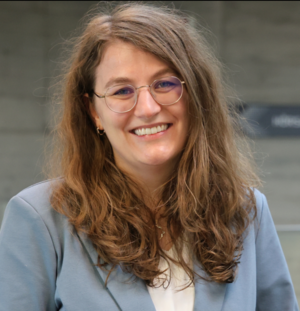
![[Translate to English:] [Translate to English:]](/fileadmin/_processed_/5/4/csm_Traub-Kaiser_Martina_2_2023_06_14_ff45970cbe.jpg)
![[Translate to English:] [Translate to English:]](/fileadmin/_processed_/1/f/csm_Wilke_Janine_2_2023_06_14_ab4fe4151b.jpg)
![[Translate to English:] [Translate to English:]](/fileadmin/_processed_/4/4/csm_Emma_Heath_2024_c06ad91882.jpeg)
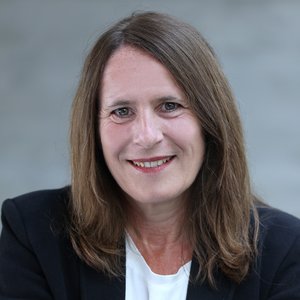
![[Translate to English:] [Translate to English:]](/fileadmin/_processed_/c/5/csm_Azarschab_Pia_2_2023_06_14_c2d6edcacc.jpg)

![[Translate to English:] [Translate to English:]](/fileadmin/_processed_/7/f/csm_Wunderlich_1-zugeschnitten_a8e03756e9.jpg)
![[Translate to English:] [Translate to English:]](/fileadmin/_processed_/a/8/csm_Molnar_Kartin_2_2023_06_14_5f81abcf3e.jpg)
![[Translate to English:] [Translate to English:]](/fileadmin/_processed_/4/e/csm_Dannenmann_2Cordula_2_2023_05_16_da1b9d6405.jpg)


![[Translate to English:] [Translate to English:]](/fileadmin/_processed_/6/a/csm_Corlett_Joanne_2_2023_06_14_3b9c3033d7.jpg)
